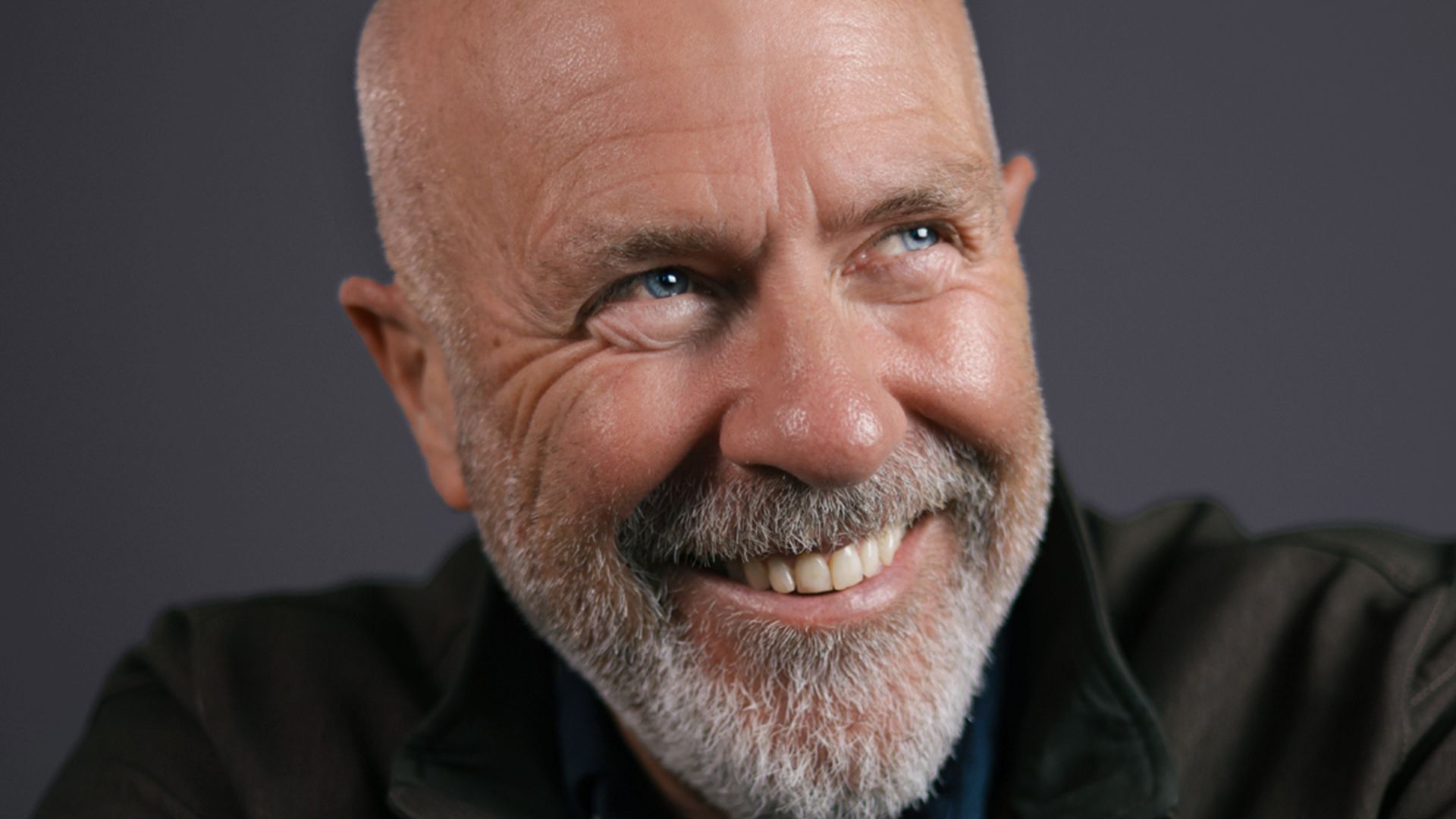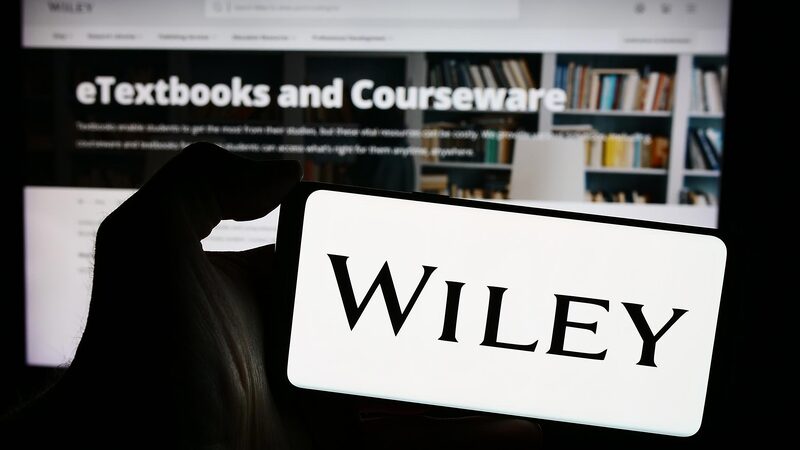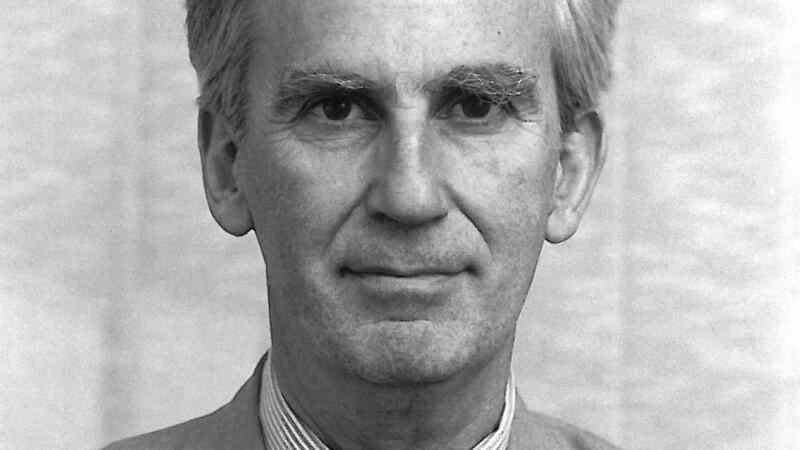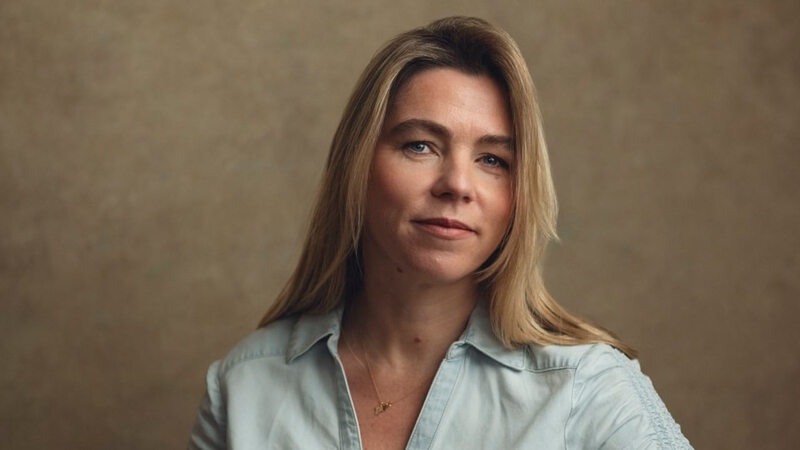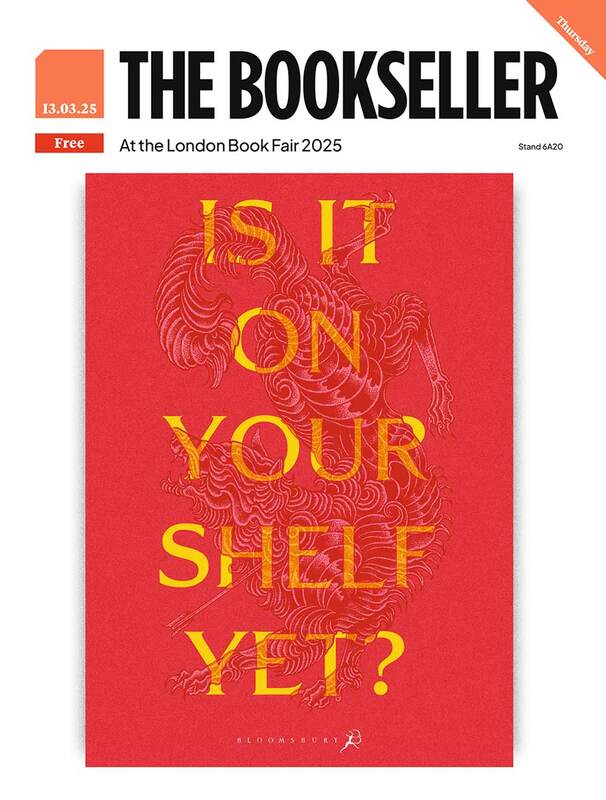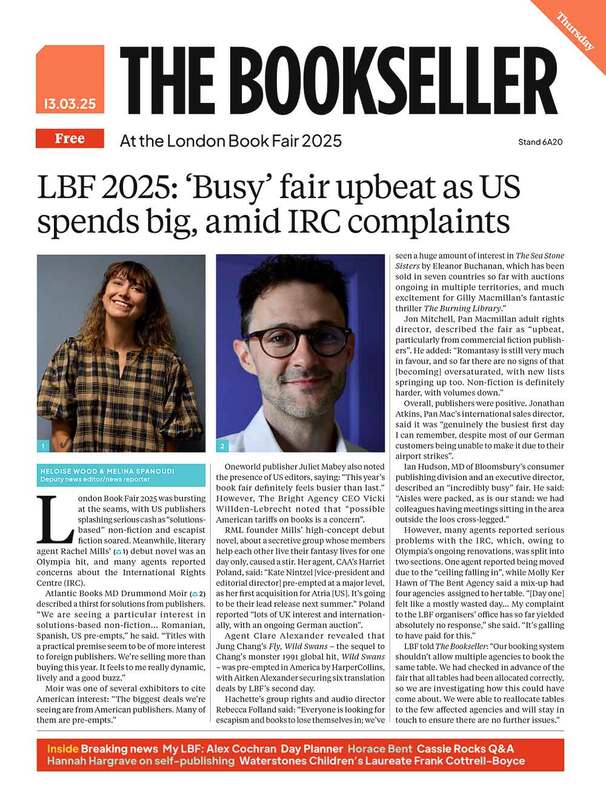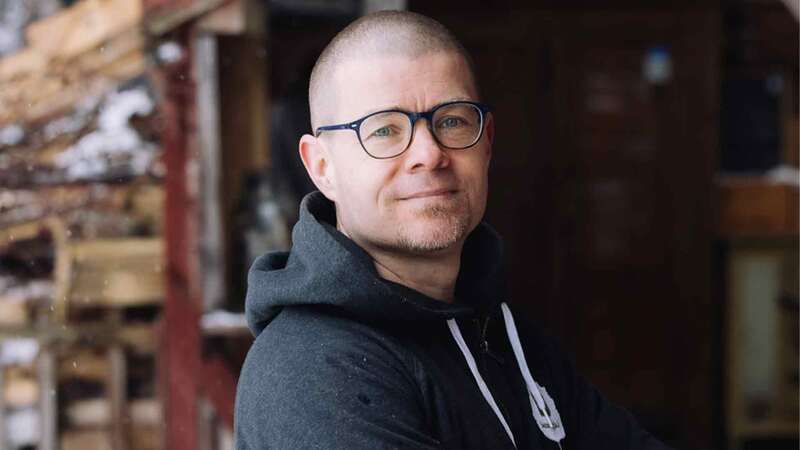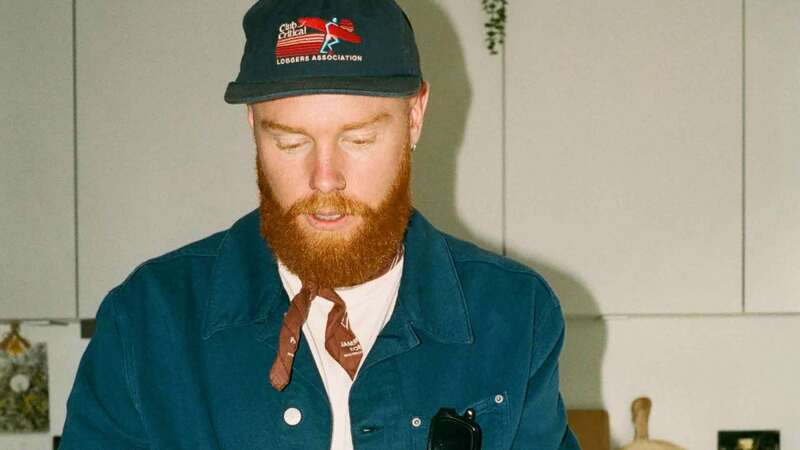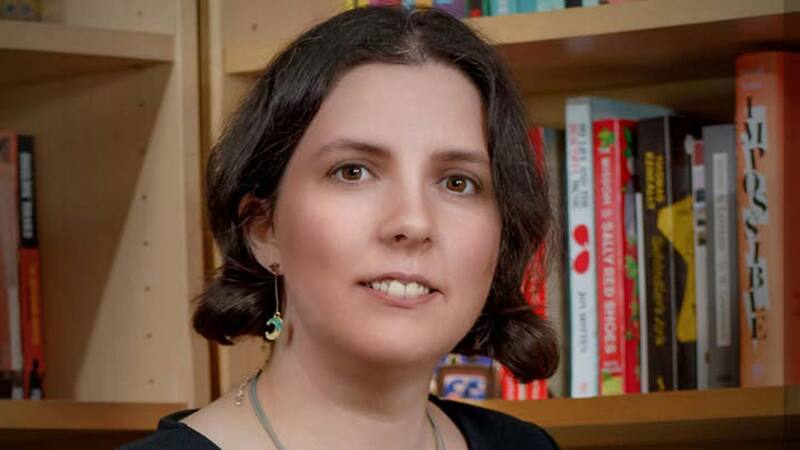You are viewing your 1 free article this month. Login to read more articles.
Richard Flanagan becomes the first author to win both the Baillie Gifford Prize and the Booker
Richard Flanagan has won the £50,000 Baillie Gifford Prize for Non-Fiction 2024 for Question 7 (Chatto & Windus). The author achieved “an unprecedented double”, having also won the Booker Prize a decade ago for The Narrow Road to the Deep North (Chatto & Windus). However, in his acceptance speech, he said he "would not accept the money yet".
The chair of the judges, Isabel Hilton, announced the winner at a ceremony hosted at BMA House in London, UK, today (19th November), supported by The Blavatnik Family Foundation. She described the book as “an astonishingly accomplished meditation on memory, history, trauma, love and death—and an intricately woven exploration of the chains of consequence that frame a life".
Flanagan said in his recorded message he would not accept the Prize money until he had the chance to meet with Baillie Gifford’s board, to offer "a perspective that may otherwise be absent from their executive discussions".
The winning author said that he wanted to speak with the funders of the prize "both to thank them for their generosity and also to describe how fossil fuels are destroying my country". Before accepting the prize money, he urged Baillie Gifford to demonstrate "a plan to reduce its already minimal direct investment in fossil fuel extraction, and increase its investments in renewables".
Flanagan added: "The world is complex, these matters difficult. None of us are clean. All of us are complicit. Major booksellers that sell my books are owned by oil companies, major publishers that publish my friends are owned by fascists and authoritarians.
"No one tonight should regard my words as criticism of Baillie Gifford but its opposite; it is belief in Baillie Gifford’s good faith and the seeking of a way forward."
Earlier in the ceremony, Peter Singlehurst, a partner at the investment manager, addressed "the campaign by a group of activists" that led to Baillie Gifford withdrawing its funding from 10 UK literary festivals.
"They said that Baillie Gifford’s investments in global companies like Amazon and NVIDIA, alongside a small number of investments in companies deriving revenues from fossil fuels, made us complicit in the war in Gaza and the climate change catastrophe," he said. "In this discourse, the topics of Gaza and climate change became blurred, and I think it’s important to separate the two. The situation in Gaza is beyond horrible, as were the 7th of October attacks, but the idea that Baillie Gifford is somehow complicit because we invest in Amazon—whose products I’m pretty confident 99% of us in this room will use—borders on the absurd."
Singlehurst added: "As it’s been noted in the press, the exposure our clients have to companies deriving revenues from fossil fuels is a tiny percentage of the assets we manage, and significantly below our industry’s average. But it’s not zero. It’s also much smaller than the amount we have invested in companies that are part of the climate change solution."
Later on in his speech, the Baillie Gifford partner said that "at the level of scale we operate at, purity is illusory and there will always be grey areas". He added: "We cannot offer purity, and we cannot place the agenda of campaigning groups—even those whose concerns about climate change we share—above the interests of those who trust us with their life savings".
A spokesperson for the prize confirmed that a partner has spoken with the author and that Baillie Gifford looks forward to continuing the conversation with him at the company’s headquarters in Edinburgh.
The winning book opens at a “love hotel” by Japan’s Inland Sea and ends by a river in Tasmania, tracing “life’s chain reaction: from past to present to future”.
“Question 7 is an astonishingly accomplished meditation on memory, history, trauma, love and death—and an intricately woven exploration of the chains of consequence that frame a life,” said Hilton. “In a year rich in remarkable books, Richard Flanagan’s Question 7 spoke to the judges for its outstanding literary qualities and its profound humanity. This compelling memoir ranges from intimate human relations to an unflinching examination of the horrors of the 20th century, reflecting on unanswerable questions that we must keep asking.”
Prize director Toby Mundy added: “In winning the Baillie Gifford Prize 2024 with Question 7, Richard Flanagan has achieved an unprecedented double. No author has ever won both this prize and the Booker Prize for fiction. It is a staggering achievement, which confirms Richard Flanagan as one of the world’s most significant literary writers.”
The Baillie Gifford Prize recognises the best of non-fiction and is open to authors of any nationality. The shortlist also featured titles by Rachel Clarke, Annie Jacobsen, Viet Thanh Nguyen, Sue Prideaux and David Van Reybrouck—whose book Revolusi: Indonesia and the Birth of the Modern World (The Bodley Head) is translated by David Colmer and David McKay—and they will each receive £5,000, bringing the total prize value to £75,000.
The winner was chosen by this year’s judging panel, which included author and investigative journalist Heather Brooke, New Scientist comment and culture editor Alison Flood, Prospect magazine culture editor Peter Hoskin, writer and critic Tomiwa Owolade and author, restaurant critic and journalist Chitra Ramaswamy. Their selection was made from 349 books published between 1st November 2023 and 31st October 2024.
“Congratulations to Richard for his transformative exploration of memory, history, and the moral complexities of life,” added Peter Singlehurst, partner at Baillie Gifford. “And to all the authors who made the shortlist, thank you for your exceptional and impactful works.”
Next week, the Baillie Gifford Prize for Non-Fiction’s podcast, Read Smart, will release an episode devoted to the winner of the 2024 award, hosted by Georgina Godwin and featuring Flanagan.





